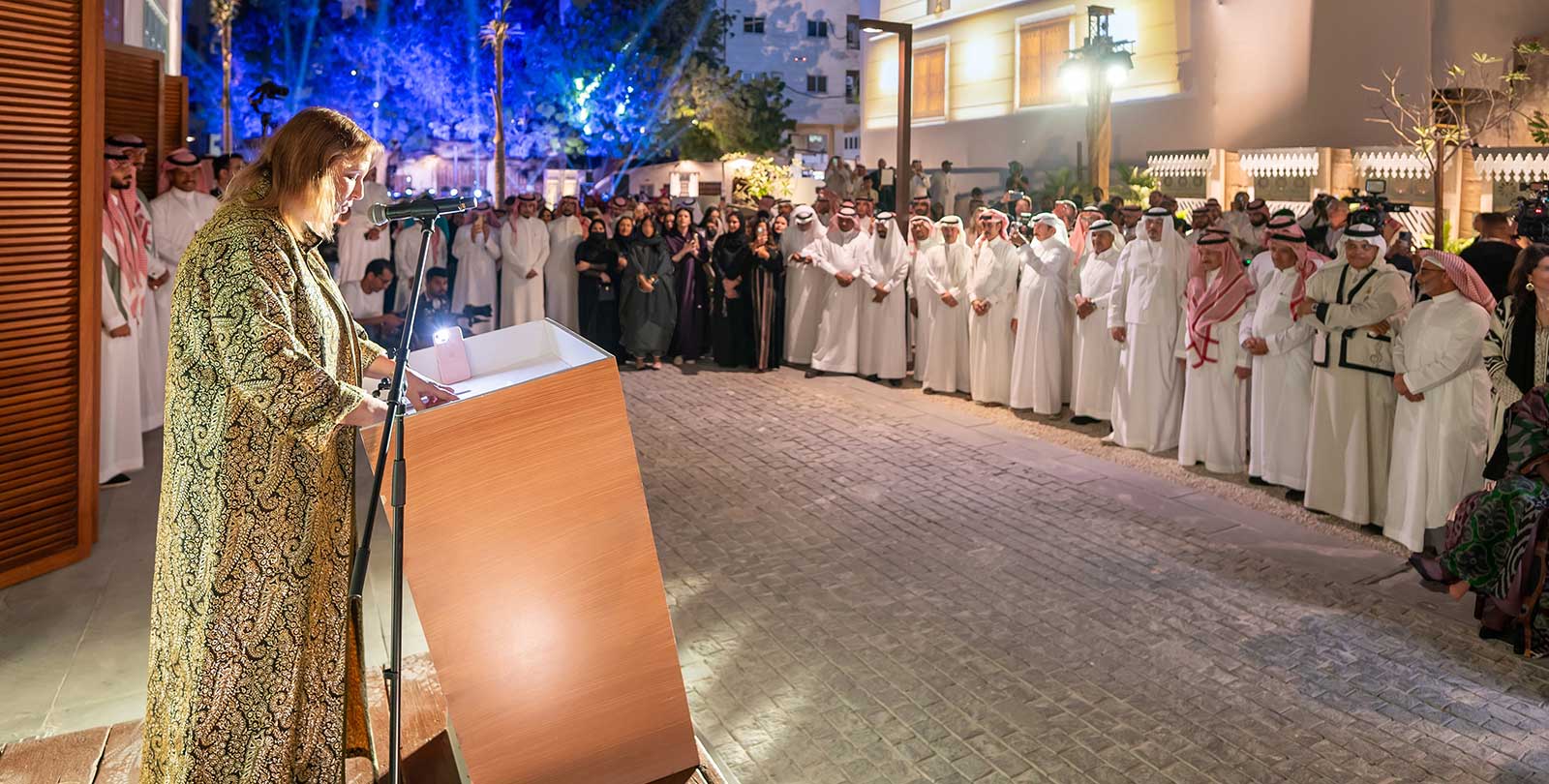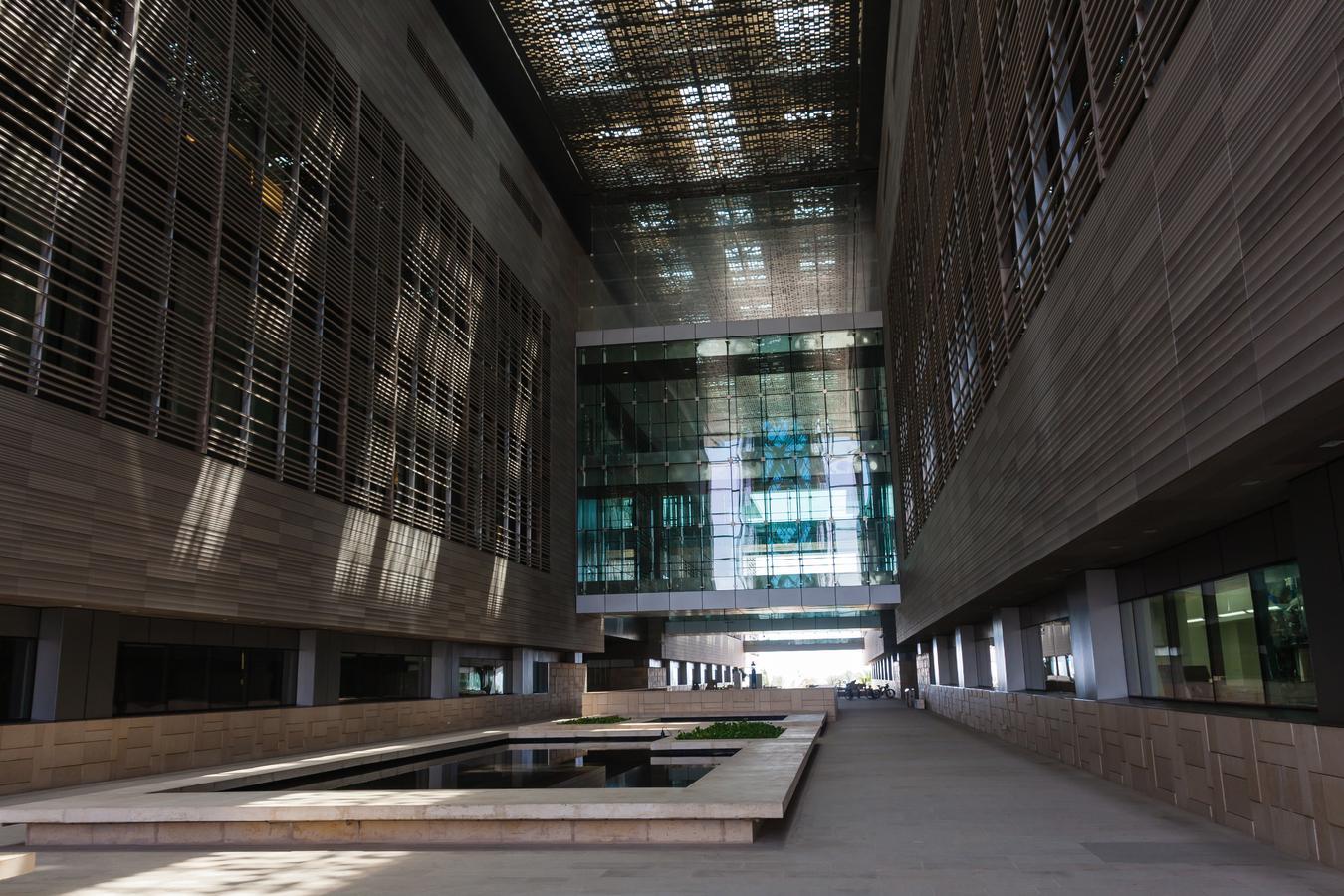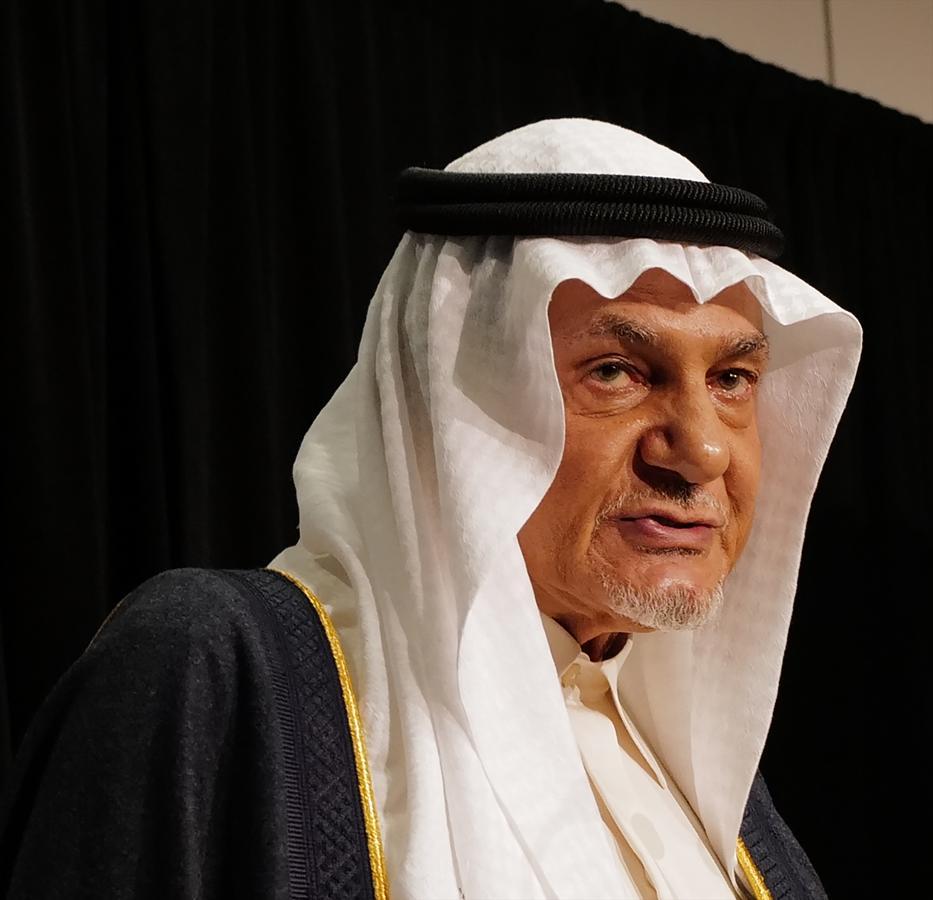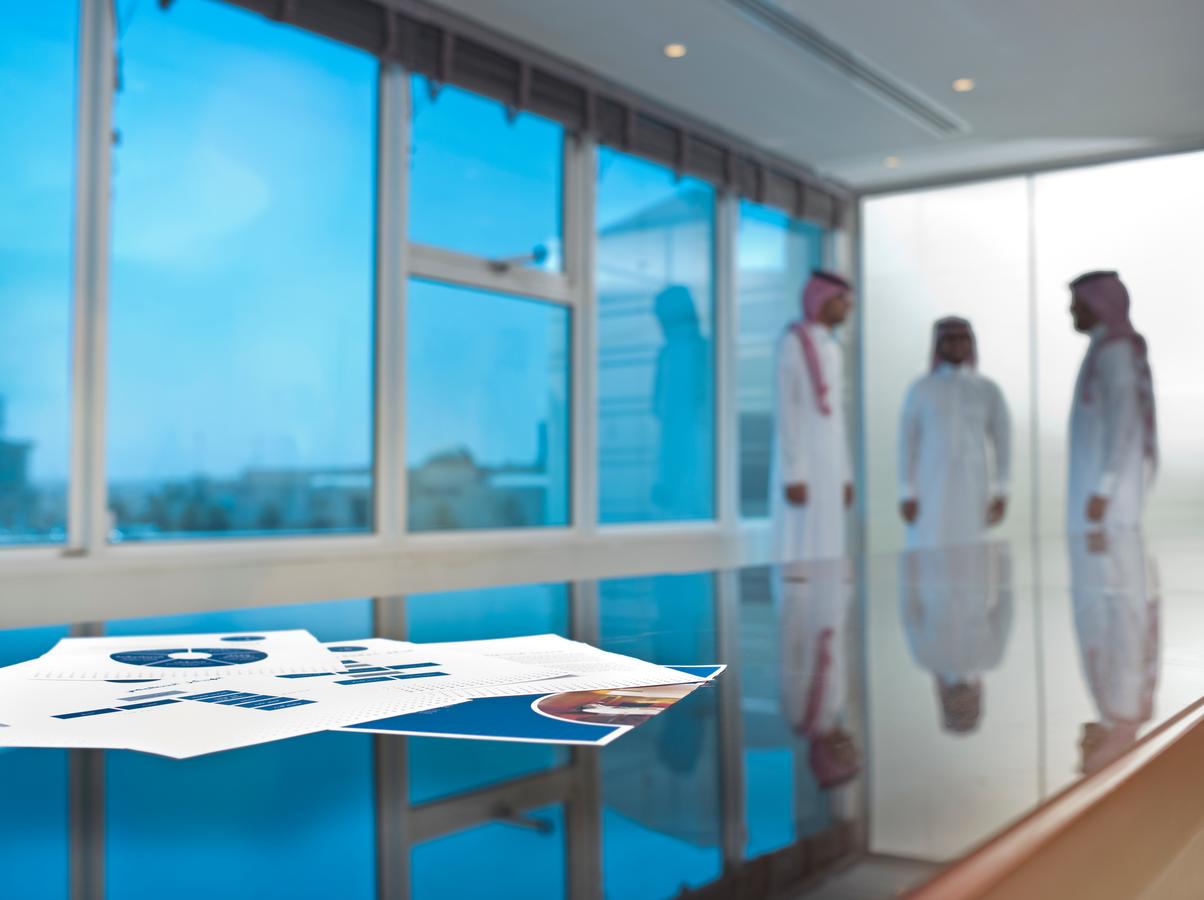Saudi women granted independence to travel as part of Vision 2030 reforms. I joined BBC Arabic Radio’s flagship program Alkhalij Haza AlIsabah (The Gulf This Week), hosted by Dr. Suheil Aranki, to discuss a pivotal shift in Saudi Arabia’s sociocultural landscape: the decision to allow Saudi women to travel independently. This reform, unthinkable a generation ago, is emblematic of the sweeping changes reshaping the Kingdom.
The interview delved into the societal implications of this change, raising key questions about whether Saudi society is fully prepared to embrace such a significant shift. The conversation came in the wake of a controversial Eid Al Adha mon sermon by a Saudi man, who openly criticized the government’s progressive reforms regarding women. His remarks sparked debate, with warnings about potential risks and challenges accompanying these expanded freedoms.
Navigating a Cultural Shift
The decision to allow women to travel without a male guardian marks a watershed moment in Saudi Arabia’s journey toward gender equality. For decades, travel restrictions symbolized a broader system of limitations on women’s rights. Today, lifting these barriers represents a commitment to empowering women as active participants in Saudi Arabia's Vision 2030 transformation.
However, as societal norms evolve, questions linger: Are traditional mindsets ready to adapt to this change? How will families, workplaces, and communities accommodate the growing independence of Saudi women?
Voices of Concern
Critics, such as the preacher in the contentious sermon, argue that this newfound freedom could expose women to risks and erode societal values. His concerns reflect a segment of Saudi society that views these reforms as a departure from deeply rooted traditions. These voices, though increasingly outnumbered, underline the tension between preserving cultural identity and embracing modernization.
Progress in Context
During the interview, we examined the broader context of women’s rights in Saudi Arabia, including recent strides in employment, education, and leadership opportunities. These advancements signal a paradigm shift in societal attitudes, though the pace of change varies across different regions and demographics within the Kingdom.
The discourse also highlighted the importance of public education and awareness to ensure a smooth transition. Policymakers, civil society, and the private sector must collaborate to address concerns, while fostering an environment that supports women’s empowerment.
A Nation in Transition
Saudi Arabia is at a crossroads. The reforms empowering women to travel independently are part of a larger narrative of progress, yet societal acceptance and readiness remain critical for sustaining this momentum. As women continue to break barriers, the nation faces an opportunity to redefine its cultural identity while balancing tradition and modernity.
This conversation, aired on a prominent platform like BBC Arabic Radio, underscores the global interest in Saudi Arabia’s socioeconomic transformation. By engaging with such dialogues, the Kingdom demonstrates its willingness to confront challenges and shape a more inclusive future.









0 Comments
No comments yet. Be the first to comment!